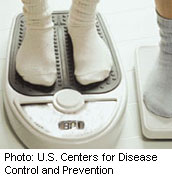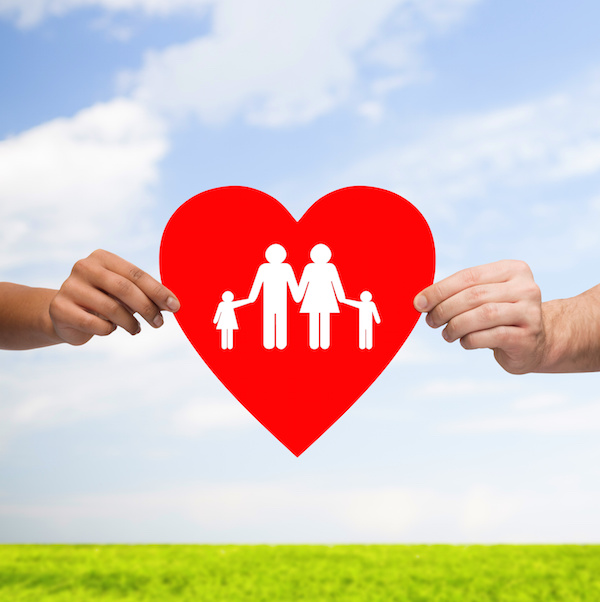
WEDNESDAY, Nov. 16 (HealthDay News) — Most overweight and obese children are on a path to becoming obese adults at higher risk of type 2 diabetes, high blood pressure, high cholesterol and heart disease, a new study finds.
But if they manage to get their weight under control and avoid obesity in adulthood, they are at no higher risk of those health problems than people who were normal weight all their lives.
The study is published in the Nov. 17 issue of the New England Journal of Medicine.
Researchers from Finland and their U.S. colleagues analyzed data from four studies of a total of 6,300 children from the United States, Finland and Australia. The kids, who were 11 years old on average when they started the studies, were tracked for about 23 years.
Only 14.6 percent of normal weight children became obese adults. But among the 774 kids who were overweight or obese as children, nearly 65 percent became obese adults.
When researchers excluded overweight kids and looked only at kids who were obese in childhood, 82 percent of those kids were obese adults.
Compared to normal weight children who were not obese as adults, people who were overweight or obese as children and became obese adults had much higher rates of multiple health issues. That included a 5.4-fold increased chance of type 2 diabetes; a 2.7-fold increased chance of high blood pressure; a 1.8-fold increased risk of high levels of LDL “bad” cholesterol; three times the risk of high triglyceride levels; and a 1.7-fold increased chance of atherosclerosis, or narrowing of the arteries.
Yet, for those who had a weight problem as children but did not become obese adults, the rates of those conditions were no different than for people who were normal weight as kids and non-obese in adulthood.
“It has been shown previously that if you are obese or overweight in childhood, that increases your risk for cardiovascular disease in adulthood. But what has not been known previously is how independent this effect is, or what happens if you become normal weight as an adult,” said senior study author Dr. Olli Raitakari, a professor in cardiovascular medicine at the Research Center of Applied and Preventive Cardiovascular Medicine at the University of Turku in Finland. “What we found consistently across these cohorts is that childhood overweight or obesity is not an independent risk factor, but that those children who become non-obese or normal weight adults have a similar risk as those kids who maintain normal weight over their whole lives.”
Children were considered overweight if they had a BMI of 25 or above; obese is 30 and above. About 12.2 percent of kids were overweight or obese. Among adults, 55 percent were overweight or obese.
Dr. Albert Rocchini, a professor of pediatrics at University of Michigan’s C.S. Mott Children’s Hospital, said the findings underscore the importance of preventing overweight and obesity in children, and of dealing with it early in life if children do start to gain excessive weight.
“If you are overweight as a child you have the potential of causing yourself to have a higher incidence of heart disease as an adult, but you also have the potential, if you can reverse the weight gain, to normalize that,” Rocchini said. “Just because you’re overweight as a child and have increased cardiovascular risk, it doesn’t mean your cardiovascular risk is permanent if you can lose the weight before you become an adult.”
To help kids maintain a normal weight, focus on the basics, Rocchini said. Children need to get lots of physical activity. Watch their portion sizes, and encourage them to eat lots of fruits, vegetables and other healthy foods, and limit high-fat, high-sugar snacks and foods.
“Parents and caregivers need to notice when their young kids are overweight and they need to do something right away,” he said. “Kids learn their eating habits as preschoolers, and we need to nip it in the bud before they get into the habit of poor food choices for life.”
More information
The American Academy of Child & Adolescent Psychiatry has more on childhood obesity.

